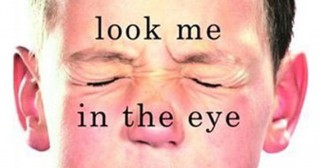Enjoy your (traditional) culture – a model of connected thinking
When talking to Chinese here in Germany I often face a strong affinity to their own culture. Once I heard that an ancient book, probably written three – or four hundred years ago, is still listed on the book charts. It is and that astonished me really very, very popular regarding younger people. This could not be as possible in Germany as it is in China. 😉
When showing my astonishment the Chinese looked at me not understanding my astonishment. They were convinced that being connected to their cultural roots is a self-evidence.
Two weeks ago I talked to a Chinese woman who finished her IT-study and who had decided to earn her income not by working as an IT-specialist but by painting.
Of course she had been busy as an artist for
Read More









